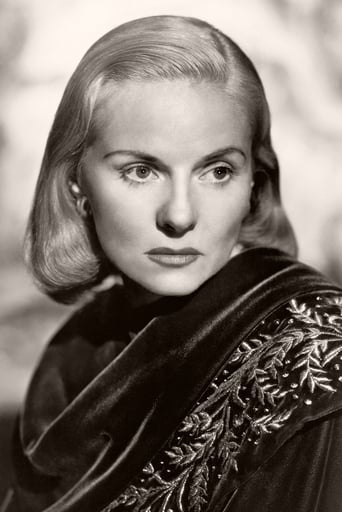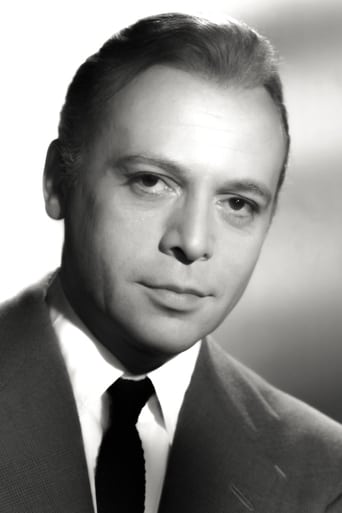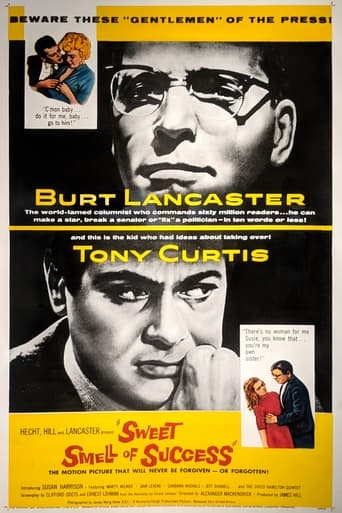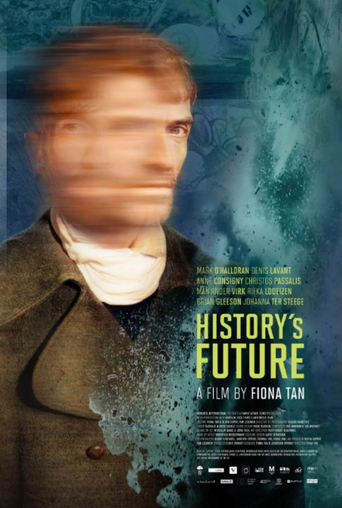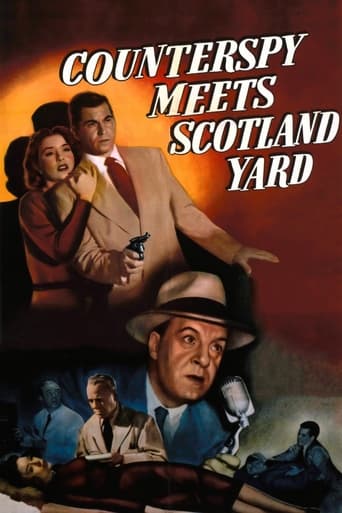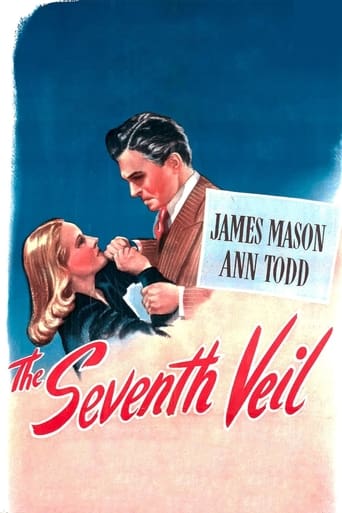
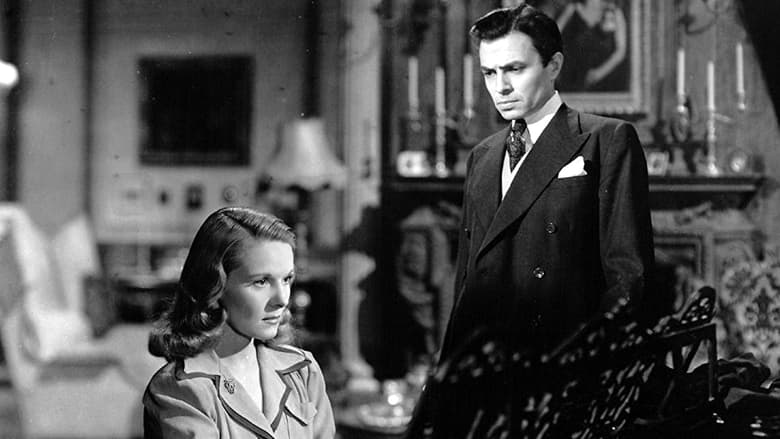
The Seventh Veil (1945)
A concert pianist with amnesia fights to regain her memory.
Watch Trailer
Cast
Similar titles
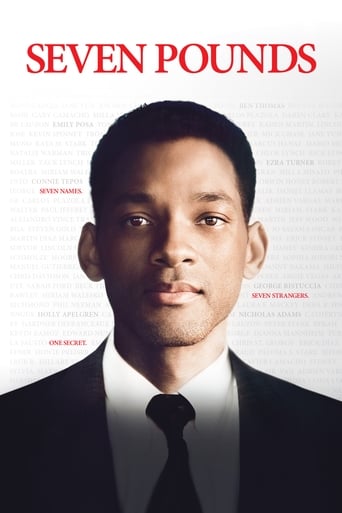
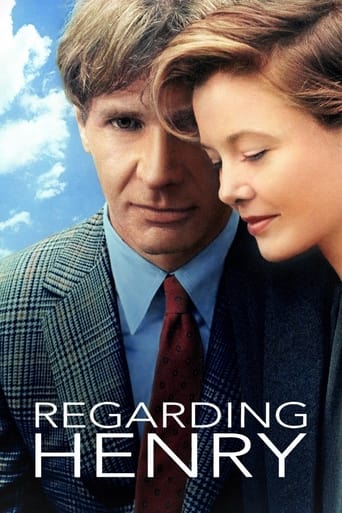
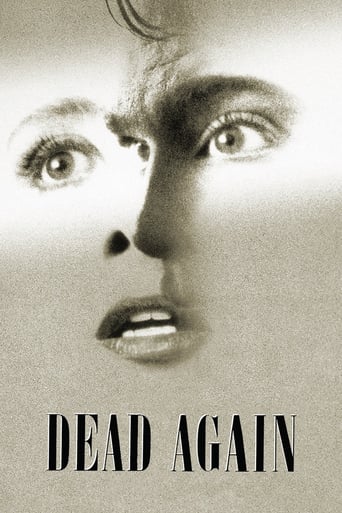
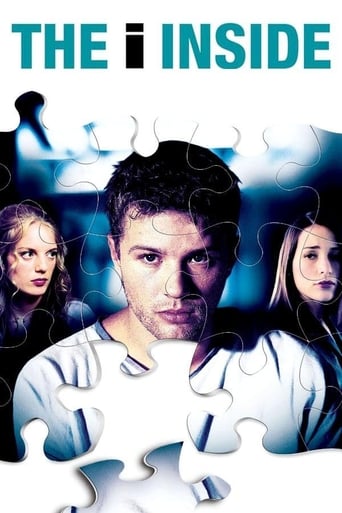
Reviews
Very Cool!!!
One of my all time favorites.
The story-telling is good with flashbacks.The film is both funny and heartbreaking. You smile in a scene and get a soulcrushing revelation in the next.
The film never slows down or bores, plunging from one harrowing sequence to the next.
Definitely one of my favorite films. True, I do agree with some of the negative comments made by other reviewers both here on IMDb and in contemporary press and magazine reviews, but I thought many of these critics were a bit unfair to director Compton Bennett. True, Bennett has not drawn an entirely convincing portrayal from Herbert Lom. This is an important defect because Lom has a key role, but I can well understand Bennett's problem. Lom is a fine actor but he does not take direction easily, but insists on doing things his own way. I would also agree that Hugh McDermott – never one of my favorite actors - comes really close to his usual obnoxious portrayal, but Todd and Mason are so electric, these deficiencies don't really matter.What's far more important, is that every one of the other support players are all exactly right. Bennett's strengths lie not only in his superlative handling of his two leads, but in the oppressive atmosphere he so meticulously builds up. He often stations his camera at the very back of Carter's vast sets, so that the very clutter of the furniture and fittings themselves contribute to an almost overwhelming sense of claustrophobia. "The Seventh Veil" is such a powerful blend of atmospheric music, moody settings and riveting lead acting that it has lost little of its original impact. I definitely do not recommend that "The Seventh Veil" be made accessible for younger children, who will find its atmosphere too terrifyingly real; but adults will definitely appreciate its impact - even if they find the quickly faded-out conclusion just a mite too pat.
This is a good film EXCEPT for the same complaint I often have about British films of that era -- the pace is too slow. And, there are places where it seems a bit melodramatic, but I could over look that if the pacing was better. The other BIG complaint I have are the scenes where Ann Todd is playing her character as a teenager. Just making your legs awkward doesn't work. It would have been MUCH better had a young actress played the part of her character as a teen.What did I like best about the film. Frankly, seeing Herbert Lom in a serious role long before "The Pink Panther" series. And, Ann Todd does a remarkable job of faking playing the piano. While I am certain that was not her playing, I would guess she had some talent in the area, because I have never seen it done so well on screen. What you have here is a story of a young woman who has been boxed into a life not of her own making. She is emotionally abused by her guardian (James Mason)...although you know from the beginning...well, I'd better let you figure out what happens there. Abused by an American band leader who was married. And damaged by a painter who involves her in a car crash (although we really can't blame him for that circumstance). Well, okay...all of that works.The 5 main characters here are: 1. James Mason as the guardian -- excellent performance, although his character is not very likable. 2. Ann Todd as the pianist -- other than the teen scenes, a good performance, although it seemed a tad bit stiff to me. 3. Herbert Lom as the psychiatrist -- a good performance, although the streak of gray in his hair was a little silly. 4. Hugh McDermott as the band leader -- good performance. 5. Albert Lieven as the painter -- good performance. To be honest, it's difficult to criticize the acting here, but Mason does best.The pace here really got to me. It took me several sittings to get through this film, but I was still glad I watched it.
For this film, Muriel and Sydney Box received Oscars for the Best Original Screen Play. This is the sixth movie I have seen with Ann Todd. The others were Hitchock's The Paradine Case (1947), David Lean's Madeleine (1950), The Passionate Friends (1949), and Breaking the Sound Barrier (1952), and Alexander Korda's Perfect Strangers (1945). I continue to want to be impressed by her, but expect for her David Lean movies, she continues to fail to win me over. As of now, I see her as a less interesting British version of Joan Fontaine in that they both seem to have played more than their share of overly male-dominated mousy women. That is, while Fountine had her Letter from an Unknown Woman, Rebecca, Suspicion, and Jane Eyre, Todd had her share of similar roles.This movie is about a woman concert pianist, Francesca Cunningham (Ann Todd) who is controlled and dominated by her male guardian, Nicholas (James Mason). Every time she attempts to break away from Nicholas and live a 'normal' life, he is able to bring her back under his control. Though she has an American lover, Peter Gay (Hugh McDermott), and threatens to leave Nicholas to live in Italy with her portrait artist, Maxwell Leyden (Albert Lieven), neither relationship is a complete success. When she is in a car accident with Max, she wakes up to find that her hands are badly bunt which takes her to the point of suicide.For me, the only two things that save this movie at all are the great concert music and the interesting story of how her psychoanalyst, Doctor Larsen (Herbert Lom), is able to bring her back to health again and demonstrate where her true love lies.
Herbert Lom played the principal part as a psychiatrist, in a successful 1960s British TV series called "The Human Jungle".I feel sure he got this part from his resume in "The Seventh Veil"(1945) playing the role of Dr. Larsen the psychiatrist who unravels the mental problem which plagues a suicidal Ann Todd (Francesca Cunningham).I have a love of films which portray great dexterity at playing classical music.In my collection are Margaret Lockwood in "Love Story" (1944) and John Garfield in "Humoresque (1945), I even liked Cornel Wilde playing Frederic Chopin!Once again Eileen Joyce is called upon to provide the authentic classical piano music heard on the soundtrack.Featured pieces she plays include: the Grieg piano concerto in A, the Pathetique sonata, 2nd movement, by Beethoven, the Brahms lullaby and the Rachmaninov piano concerto no.2 in c minor which she also played as a backdrop to "Brief Encounter (1945).The music is under the expert direction of Muir Matheson with the London Symphony Orchestra.Other reviewers have described the plot adequately so just a few additional notes on the acting.Psychiatry was a popular theme with film makers in the 1940s c.f."Spellbound" with Gregory Peck and Ingrid Bergman (1945) and it features as a means to rescue a suicidal Ann Todd.She plays the role with a rather expressionless demeanor throughout.Was this because she was directed to play it this way by her director as her character was being totally dominated by her guardian and 2nd cousin Nicholas, as played by a dark, brooding and menacing James Mason?She did however act playing the piano pieces effectively.Did Eileen Joyce give Ann some backstage tutoring to give authenticity to her "playing"?The denouement when Francesca is cured by Dr Larsen and has to choose one of her three male friends is, I agree with a previous reviewer, a bit "Mills & Boon".Overall I enjoyed this film and rated it 6/10 mainly because of the wonderful classical music played.

